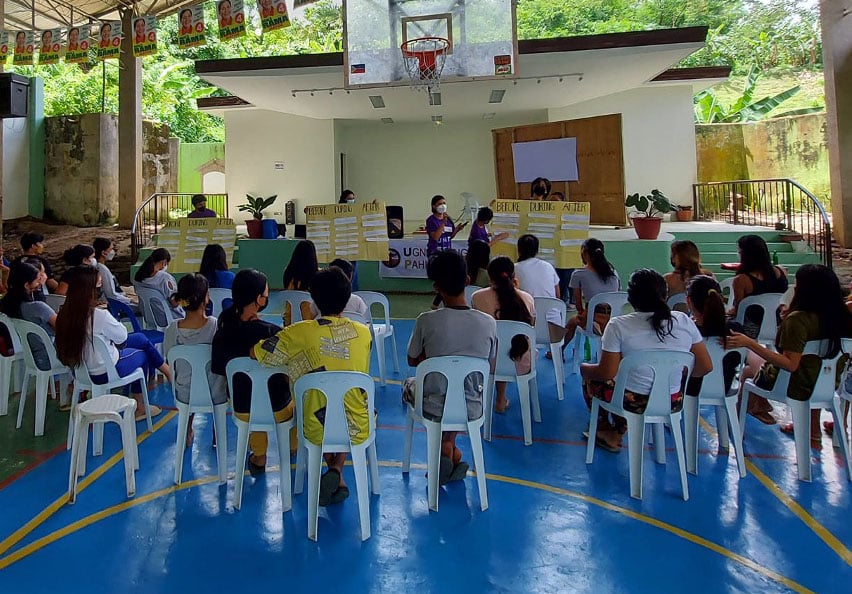A new approach to volunteerism encourages schools to treat volunteer activities as long-term commitments
24 Oct 2025

This research explored the motivations of students as a basis for deeper and more meaningful engagement among educational institutions in incorporating social justice into classrooms. While some courses encourage hands-on learning and partnerships with the community through service-learning projects, student participation usually ends when the course does. The study looked into why students volunteer and what keeps them engaged over time, involving discussions with 33 participants from high school, college, and graduate programs. The analysis showed that high school students are mainly motivated by civic duty, while college students are driven by civic duty and career development, and graduate students are influenced by all three factors. The study introduces the 3Cs Model of Volunteerism, which encourages schools to view volunteer activities as sustained commitments rather than one-off events. By understanding what motivates students in their volunteer efforts, schools can better support and engage them, ultimately fostering a stronger sense of social justice and community involvement.
Specifically, this study contributes to education through:
- A deepened understanding of volunteer motivations. By factoring in student motivations for volunteerism—such as civic engagement, career development, and competence—the research highlights the evolving components that influence volunteer behavior from high school through graduate levels.
- Promotion of sustained student engagement. The proposed model promotes continuity in volunteer efforts, which is essential for achieving meaningful social impact but is often overlooked in short-term service-learning courses.
- Practical implications for curriculum design. The insights from students offer educational institutions actionable steps to integrate strategies that foster long-term civic engagement and personal growth, moving beyond superficial approaches to social justice education.
Author: Edwin B. Estrera (University of the Philippines Cebu)
Read the full paper: https://iafor.org/journal/iafor-journal-of-education/volume-12-Issue-3/article-4/
